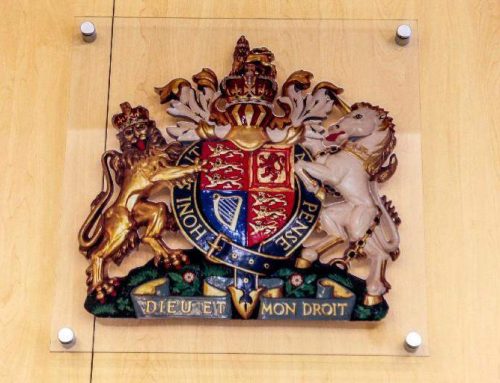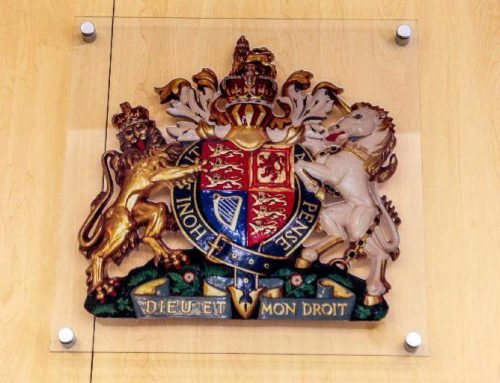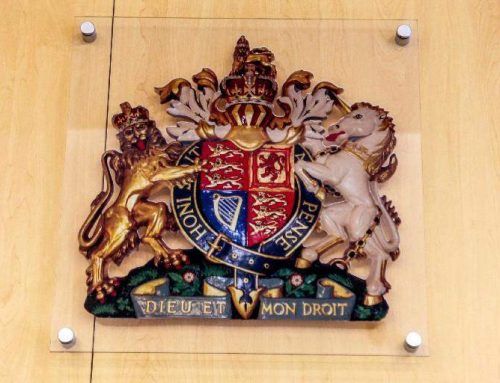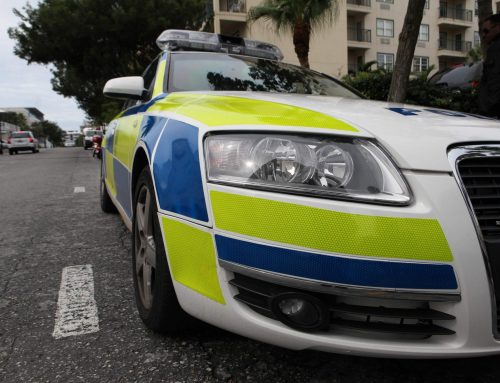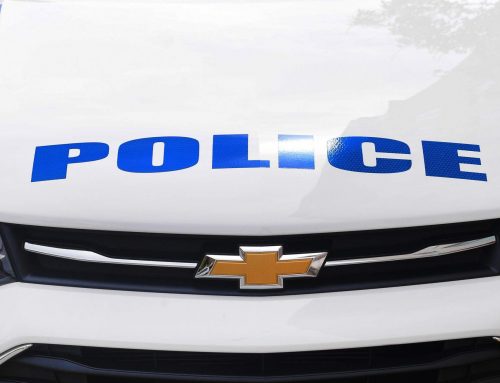Breath-test checkpoints have helped slash the grim toll of death on the roads, the transport minister said yesterday.
Zane DeSilva added that checkpoints, combined with road safety campaigns, had made major contributions to a 50 per cent fall in roads deaths from 12 in 2018 to six so far this year.
He said: I think some of the things that the Road Safety Council are doing to do with awareness and the road sobriety tests have hopefully had some effect.
The statistics and all of that will come with time. We need a bit more time to collect data, but certainly early indications are, between the road sobriety tests and the excellent work that Dennis Lister III and his team are doing, things have been bearing a little fruit.
Mr DeSilva was backed by Mr Lister, the chairman of the Road Safety Council.
Mr Lister said: The message is getting across. As of present today, we have had a 50 per cent reduction in road fatalities from last year.
The statistics on road traffic collisions, I dont have the up-to-date statistics as of yet, but we see that the message is getting out there, people are listening and it is effective.
Roadside sobriety checkpoints have been a factor in that. It changes peoples mindsets. They are not just going out there and drinking. They have a plan.
The pair were speaking as they marked the World Day of Remembrance for Road Traffic Victims.
Mr DeSilva said that road users should avoid drinking and driving, control their speed be vigilant on the roads especially over the Christmas season.
He added: As we enter into the last months of this year, many will be planning for the fun and festivities to come.
Many will begin their Christmas shopping and looking for places to hide presents from their children, their husbands, their wives and friends or family.
Sadly, there are many in our community who will look on the holidays with sadness and dread for it will remind them of what they have lost.
Mr DeSilva said that designated driver badges which offer designated drivers free non-alcoholic drinks at some bars and clubs were still available and are recognised year-round.
He added: The button allows businesses to easily identify the designated driver and afford that individual the benefit associated with the important responsibility of saving lives.
Mr DeSilva said: We need to change the mindset of our culture where it is all right to have a few drinks and drive home to where friends dont allow friends after an evening or night of drinking to drive home
No one wants to later learn that during that fateful drive, their friend or loved ones life was lost in a fatal traffic collision.
The minister added that efforts to improve late-night public transport continued.
Mr DeSilva said: We have a transportation challenge in the country.
Are we doing anything specific for this Christmas? Not just yet, but we have been working very hard behind the scenes.
After producing the Green Paper earlier this year, there are many recommendations from the public with regard to transportation, especially during those peak hours. That is coming, so watch this space.



